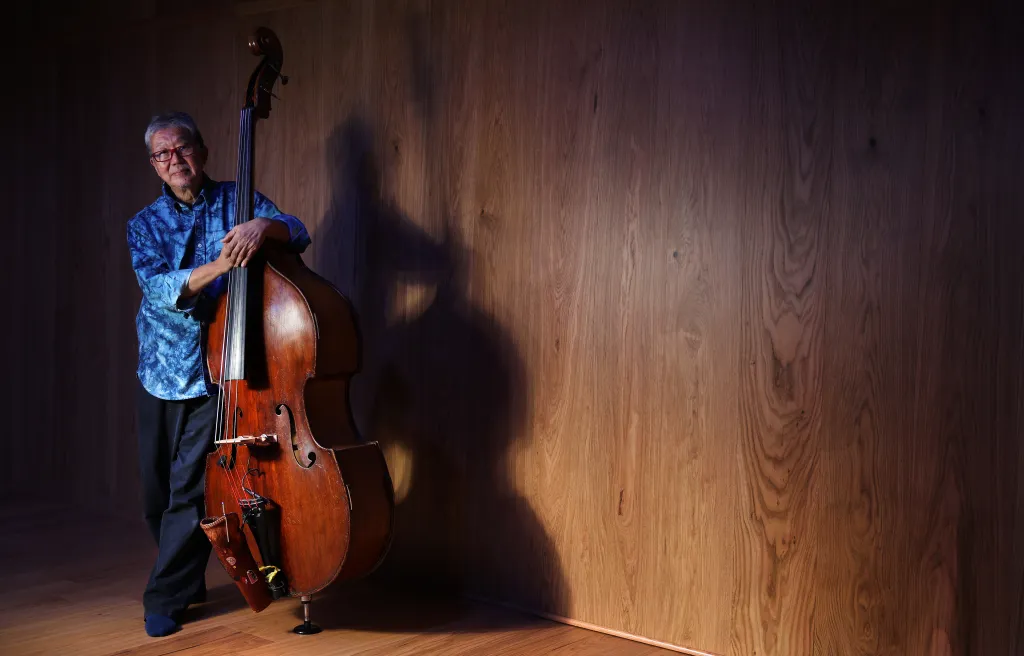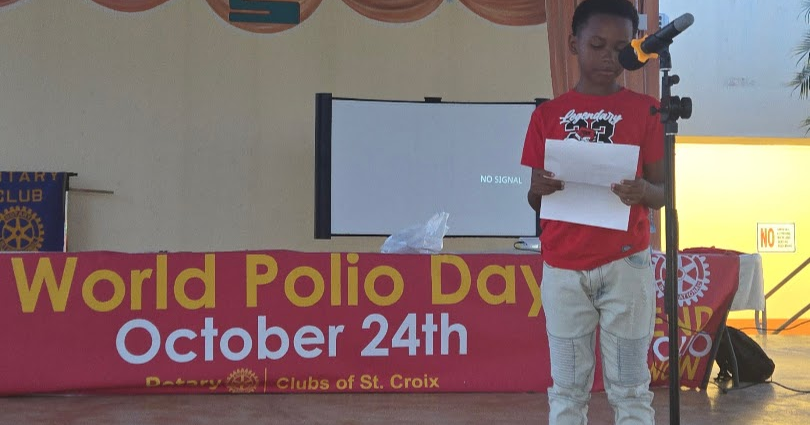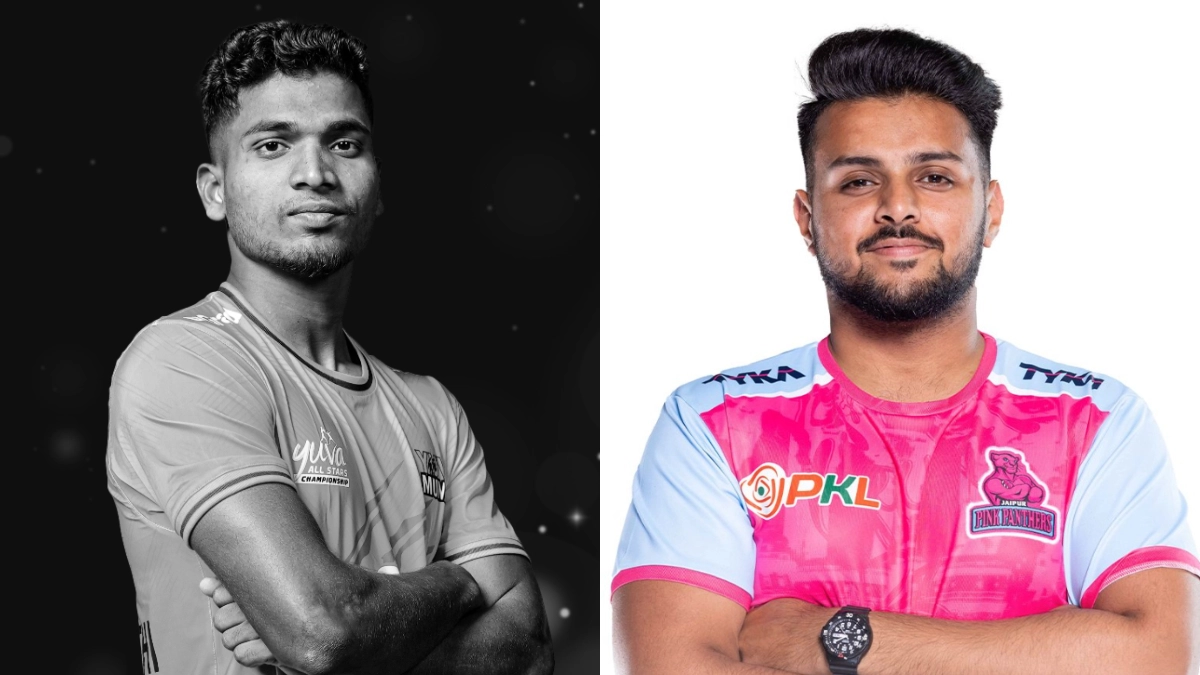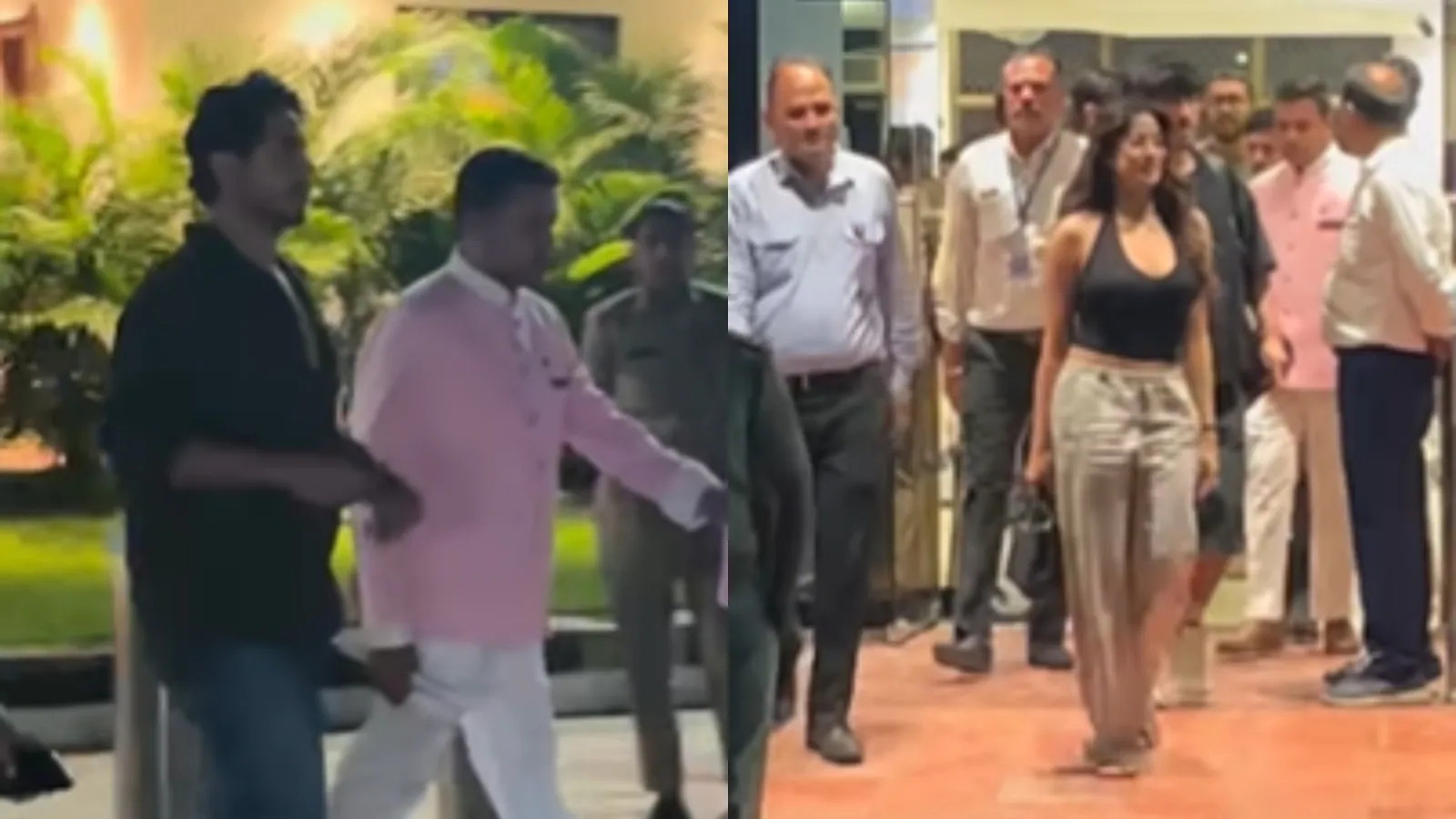Copyright Chicago Tribune

If a building represented Tatsu Aoki’s life, it would look like the Asian Improv Arts Midwest dojo, on Elston Avenue. After years of renting space from the Japanese American Service Committee, AIRMW has had its own space since 2023, the recipient of pandemic-era grant programs. The main rehearsal and event space now hosts organizations dedicated to learning taiko, Japanese classical dance, and shamisen, the silk-stringed, long-necked lute. A side room holds the CD inventory of Asian Improv Records, a label founded by AIRMW’s partner organization in San Francisco, the first Asian Improv Arts. Another houses analog film equipment: Aoki moved to Chicago to study film at the School of the Art Institute, where he now teaches. Avant-garde film and music continue to be parallel paths for the Japan-born artist, 68. “I express everything and anything that I can with music. Then, if I can’t do that, I make film,” Aoki explains. “If I can’t express them in either, I just whine and complain to people.” The AIRMW dojo is also a shrine to a place more than 10 miles away, one that no longer exists: the Velvet Lounge, the free-jazz stronghold that became a musical home for Aoki. A salvaged table, chairs and a wallpaper swatch from the demolished South Loop club sit near the dojo entrance. The Velvet Lounge’s double doors have been preserved, too, becoming an entrance to an instrument storage room. Aoki had to build the room’s drywall around them. “Performing around Fred Anderson was an affirmation that you can be who you are without pretending,” Aoki says of the late saxophonist and Velvet Lounge founder-owner. Aoki is now a leading light in the creative-music community in his own right. He had been on the scene for years as a bassist before establishing AIRMW in 1984, then called Innocent Eyes and Lenses. Chicago’s first Asian American Jazz Festival followed, in 1995. It has happened annually ever since, celebrating its 30th iteration in November at Logan Square venue Elastic Arts. The festival has “expanded and shrunk, and expanded and shrunk” over the years, Aoki says. Its goal is not to assert Asian American jazz as a cohesive genre, but instead to offer a platform to Asian artists working in myriad improvised music idioms around the city. That platform is much needed. Aoki feels the Chicago cultural scene still reflects much of the segregation he encountered in the late 1970s, in which he had little luck playing in the North Side’s white clubs. Black South Side clubs, on the other hand, embraced him more readily. “If no one’s booking you, there’s a festival we can give you — and you can headline,” he says. When he founded AIRMW, Aoki took cues from the West Coast’s bevy of culturally specific performing arts groups. He also emulated the precedent set by the Association for the Advancement of Creative Musicians, the South Side musical collective that committed itself to original music and community education in order to safeguard its independence. “San Francisco and LA had community networking for creative performing arts. In the Midwest, in Chicago, we had social services, but it didn’t really have the networking system,” Aoki said. “What I was interested in most was not really individual artist success, but this idea of community empowerment and advancement.” That spirit inspired not just Aoki but an entire generation of Asian American musicians. The original Asian Improv Arts was deeply influenced by San Francisco’s own Asian American jazz festival, which started in 1981. But Aoki’s advocacy in the Midwest has proved just as formative to his West Coast peers. “I feel like I saw the future when I started working with Tatsu,” says saxophonist Francis Wong, co-founder of Asian Improv Arts in San Francisco. “Generally, what was defined as ‘Asian American’ were people who were born here. But Tatsu redefined the Asian American experience as an immigrant experience.” Aoki admits his personal path to Japanese traditional arts has been winding. Growing up with a geisha mother, he spent his early years surrounded by Japanese music and dance. (His mother still performs in Tokyo, at 88.) But, as young people often do, he rebelled. He learned bass, seeking a foothold in the Western rock and jazz that was in vogue around the world. “In the music scene, it was considered uncool to do something traditional,” Aoki says Only when Aoki moved to the U.S. did he return to Japanese traditional music, urged on by musicians like Anderson. While searching for his own musical voice, he found himself grasping for the sounds of his youth — sounds which were in short supply in Chicago at that time. “When I started to create my own band. I needed the taiko drum; I needed a shamisen,” he says. “ I was not able to find individuals that could fit into my musical language. So, I had to build this.” Named after Aoki’s third child, his Miyumi Project retrofitted a jazz idiom onto traditional Japanese instrumentation and sensibilities, featuring collaborations with AACM musicians. The band was specially invited to inaugurate Yoko Ono’s “Skylanding” in Jackson Park in 2017. The Miyumi Project is still going strong: It’ll close out the Asian American Jazz Festival on Nov. 10. Kicking it off is Wong and his Chicago Time Code trio, with Aoki and pianist Bradley Parker-Sparrow. The three reunite for the first time since laying down an album of the same name 30 years ago. That’s followed by saxophonist Jeff Chan and his collaborative quartet Ratchet, which performs monthly at the Hideout. Blues pianist and singer Yoko Noge is also performing with her Jazz Me Blues band (Nov. 8), as is Aoki’s daughter Kioto, marking an album release with saxophonist Mai Sugimoto and J-pop singer–turned-experimentalist Haruhi Kobayashi (Nov. 9). The Chicago Asian American Jazz Festival was first called the Asian American Jazz Player Series, taking over Sunday nights at the former Bop Shop on Diversey in November 1995. Taking an expansive view early on, fusion and blues bands performed, as did late local actor-comedian Quincy Wong. Even then, Aoki made his ambitions plain, referring to the series as a “festival” in a Tribune interview. “When I go to festivals in other cities, I’m always the Chicago representative, as if there are no other Asian American jazz musicians in Chicago,” he said at the time. Indeed, bass guitarist Steve Hashimoto had been on the local circuit for years. And not only was Noge an established blues player in the city, but she performed with a band billed under her name — a meaningful model for other Asian and Asian American musicians. “Yoko’s presence in the blues scene invited in many Japanese or Asian American blues musicians,” Aoki says. “She opened the door.” Though the Asian American jazz scene had deep roots in his native Bay Area, Chan was convinced to move to Chicago in 2002 in part because of artists like Noge and Aoki, both of whom had been working in the city for decades at that point. “It’s such a massive achievement to keep (the festival) going for 30 years — for it to be relevant, for it to be addressing community concerns, and for it to be presenting high-quality art,” Chan says. In fact, the Chicago Asian American Jazz Festival has now outlasted its Californian counterpart, which ended in 2006 after 25 years. Having the AIRMW dojo, Aoki says, helps ensure its longevity for decades to come. “You have to have your own house,” Aoki says. “Well, we have the house. This place is completely ours, 24/7.” The Chicago Asian American Jazz Festival runs Nov. 7-10 at Elastic Arts, 3429 W Diversey Ave #208, with a panel at 1 p.m. Nov. 8 at Asian Improv Arts Midwest, 4875 N. Elston Ave.; general admission tickets $20 at the door, more information at airmw.org AIRMW presents further programs in collaboration with Tsukasa Taiko at the Museum of Contemporary Art Chicago, 220 E. Chicago Ave.: “Reduction 11,” 7 p.m. Dec. 19, and “Taiko Legacy 22,” 2 p.m. Dec. 20. Tickets go on sale at a later date. Hannah Edgar is a freelance critic.



